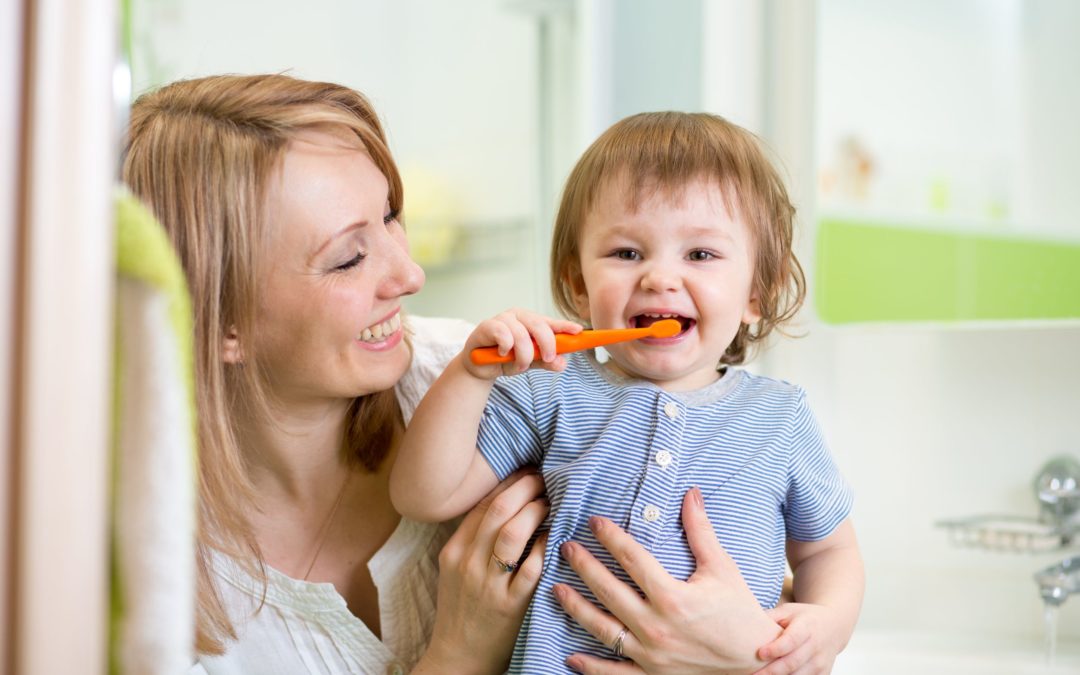Welcome back to Hartwell Dentistry.
Last blog we discuss the importance of treating baby teeth. This week we will be giving you handing tips on how to help prevent decay in your children’s teeth.
Decay is preventable and not inevitable. So what is the best way to prevent decay? The key to a lifetime of good dental health is to form healthy habits from an early age so that it is ingrained into adulthood.
- Tooth brushing: Brushing teeth twice a day for two minutes, with age-appropriate toothpaste is important to remove plaque. Reasons for using age appropriate paste is because it is common for young children to swallow their toothpaste whilst brushing their teeth. Head size is important too as children have small teeth and small mouth and inappropriate brush heads can be ineffective in plaque removal. Most children up to 10 years of age often need parents to supervise and help with effective brushing.
- Flossing: Flossing removes food particles and plaque between the teeth that brushing alone can miss. Children will usually need their parents to help with flossing as it requires a fair amount of dexterity. Flossing should be performed every night to prevent cavities from developing between the teeth.
- Diet: Foods that are high in sugar can feed the bacteria that cause decay. If these foods are eaten too often over a long period of time, the bacteria are constantly bathed in sugar and can cause decay faster. Fruit juice, although considered healthy, contains a high concentration of sugar and acid that can cause decay.

Whose job is it to stop the decay?
In early childhood, the responsibility belongs to the parent. Ensuring that your child brushes and flosses frequently as well as maintains a healthy diet is a tough job!
In addition, bringing your young children in for regular dental appointments from 3 years of age helps them acclimatise to the dental environment, achieve great oral habits and prevent early disease onset like cavities and gum disease.
We hopes these tips have been helpful.
Next time at Hartwell Dentistry we will be discussing why it is so important to keep adult teeth.

